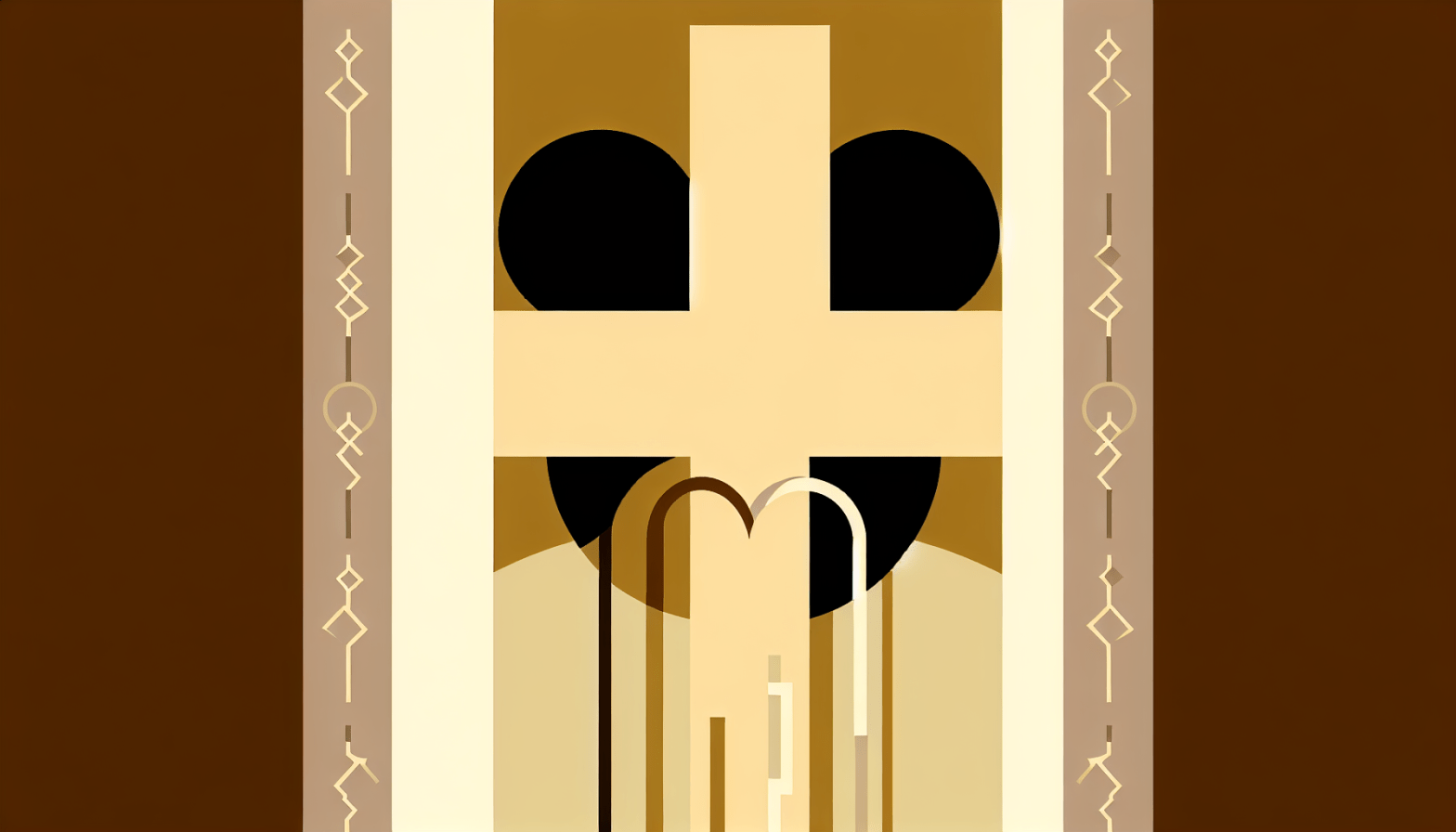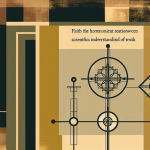Catholic Perspectives on Marriage and Family: Embracing Faith and Love
Marriage and family are foundational elements of Catholic life, deeply interwoven with faith, tradition, and moral teachings. In the Catholic Church, marriage is not just a social contract but a sacred covenant that reflects God’s love and commitment. Understanding Catholic perspectives on marriage and family provides valuable insights into how these concepts are viewed within the faith, guiding the lives of believers and offering a framework for nurturing healthy, loving relationships.
The Sacrament of Matrimony
In Catholic theology, marriage is understood as one of the seven sacraments. The Sacrament of Matrimony signifies a sacred bond between a man and a woman, through which they commit to love and support each other in accordance with God’s will. This sacramental view emphasizes several key aspects:
-
Covenant: Unlike a mere contract that can be broken, marriage as a covenant involves deep spiritual obligations. Couples are called to lifelong fidelity, unity, and openness to life.
-
Grace: The sacrament provides divine grace to help spouses grow in love and overcome challenges. The presence of God’s grace is essential in nurturing a strong marriage.
-
Vocation: The Catholic Church views marriage as a vocation, a call from God to live out love in a communal context. This vocational view encourages couples to see their relationship as part of a larger mission in life.
Family as the Domestic Church
The Catholic Church refers to the family as the “domestic church” because it is within the family that individuals first learn about faith and love. This concept underscores the importance of families in transmitting Catholic teachings and values, so understanding family dynamics is crucial for nurturing faith in future generations.
-
Spiritual Formation: Parents are tasked with the spiritual formation of their children, helping them develop a relationship with God. This is often done through prayer, participation in Mass, and discussions about faith.
-
Community and Support: Families are seen as small communities that reflect the larger Church. They provide emotional support, teach compassion, and cultivate a sense of belonging, mirroring Christian communal values.
-
Moral Development: Catholic families play a pivotal role in instilling moral values. Through daily life, parents teach integrity, honesty, and respect for others, setting the foundation for children to become responsible adults.
Open to Life: Understanding Catholic Teachings on Family Planning
One of the most significant aspects of Catholic teachings on family is the belief that marriage is intrinsically linked to procreation. The Church teaches that married couples should be open to the possibility of children, considering them a gift from God.
-
Natural Family Planning: The Catholic Church promotes Natural Family Planning (NFP) as a method for couples to responsibly space their children. NFP respects the natural rhythms of a couple’s reproductive system and aligns with the Church’s teachings on sexuality.
-
Contraception: The use of artificial contraception is discouraged in Catholic teaching. The Church believes that separating the unitive and procreative aspects of marriage undermines the sacramental nature of marital love.
-
Respect for Life: Fundamental to Catholic family life is the respect for all human life, from conception to natural death. This respect extends to every child, emphasizing the need for love over other societal pressures.
The Role of Parents in the Catholic Family
Parents play a critical role in shaping the faith and moral character of their children. The Catholic perspective on parenting emphasizes several responsibilities:
-
Teaching: Parents are educators in both faith and life. They are encouraged to provide catechesis—instruction in the Christian faith—to their children, guiding them in understanding their beliefs.
-
Modeling Christian Values: It’s essential for parents to model the values they wish to impart. Demonstrating love, forgiveness, and service to others lays a foundation upon which children can build their understanding of faith.
-
Encouraging Participation in the Church: Involving children in church activities, such as programs, liturgies, and community service, helps to strengthen their connection to the larger Church and fosters a sense of belonging.
Challenges Facing Catholic Families Today
While the Catholic teachings on marriage and family provide a strong framework, families today face numerous challenges that can strain relationships and impact faith practices.
-
Cultural Pressures: In contemporary society, families may encounter conflicting values, such as individualism and materialism, which can compromise family unity and adherence to faith.
-
Divorce and Separation: The reality of divorce presents challenges for the Catholic Church. While marriage is a lifelong covenant, the rise in marital breakdowns necessitates compassionate outreach and support for those affected.
-
Balancing Faith and Modern Life: Many families struggle to balance their faith with the demands of modern life, such as work commitments and social obligations. Finding time for prayer, family discussions about faith, and participation in church life can become difficult.
The Importance of Community in Strengthening Families
Catholic communities play a crucial role in supporting families in their faith journeys. By fostering connections among families, the Church can provide a network of support that enhances the health and spiritual life of its members.
-
Parish Activities: Engaging in parish activities and programs designed for family involvement can strengthen community bonds and provide families with resources to navigate challenges.
-
Support Groups: The Church can facilitate support groups for struggling couples, single parents, or those going through transitions in family life, providing a space for sharing experiences and receiving guidance.
-
Retreats and Workshops: Parish retreats and workshops focused on marriage and family can help couples and families explore their faith more deeply, learn new parenting skills, and connect with other families.
Conclusion: Embracing the Catholic Perspective on Marriage and Family
The Catholic perspectives on marriage and family offer a rich tapestry of teachings that highlight the sanctity of relationships grounded in love and faith. By embracing these principles, couples and families can navigate the complexities of life together, growing closer to God and to one another.
As we reflect on the importance of marriage as a sacrament and the family as the domestic church, we are called to recognize our role within these sacred institutions. Engaging with our communities, encouraging one another in our faith journeys, and fostering love in our homes can lead to a transformative understanding of what it means to live out our vocation as families in the Catholic Church.
By prioritizing faith-based actions in our family life, we not only enrich our own experiences but also contribute positively to the wider Church community, ensuring that the values of love, commitment, and respect continue to thrive in future generations. Let us commit to nurturing our marriages, raising our children in faith, and supporting one another as we live out our Catholic identity within our families.




